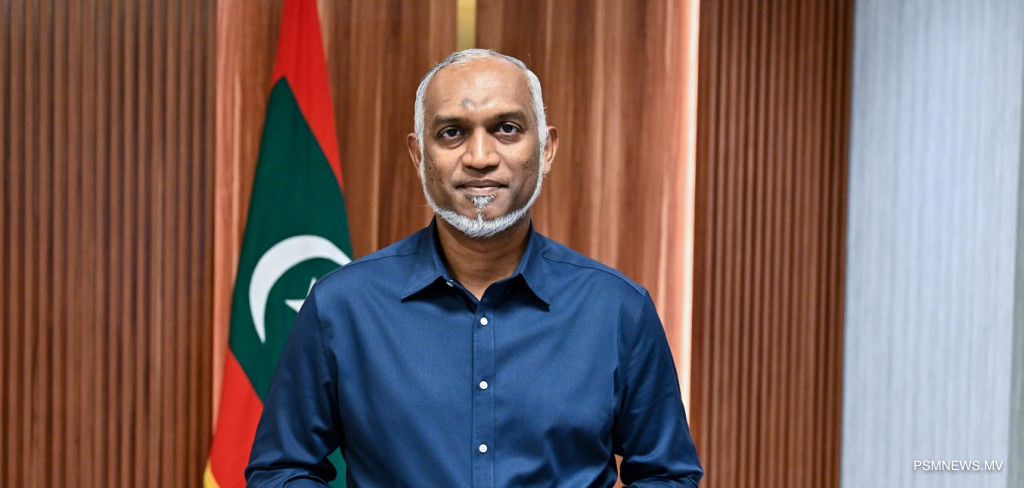
Gov’t to submit key bills to combat drug epidemic and gang crimes
President Dr. Mohamed Muizzu has announced the government’s plan to submit two bills to Parliament aimed at addressing the drug epidemic and banning gang-related crimes in the Maldives.
On a social media post, President Muizzu highlighted that one of the biggest obstacles hindering state agencies’ efforts to combat the drug crisis lies in the inadequacies of the current Drugs Act. To address these shortcomings, the government, in consultation with relevant agencies, will review the Act and submit the necessary amendments to Parliament this week. These changes are expected to streamline the investigation and prosecution of drug-related cases.
Also, the government will introduce the newly formulated Gang Crimes Prohibition Bill to Parliament within the next two weeks. This legislation is intended to replace the existing Gang Crimes Prohibition Act, with the goal of curbing gang-related activities closely linked to drug offences. The President expressed his gratitude to the Maldivian public for their continued cooperation in seeking lasting solutions to these pressing issues.
The Ministry of Homeland Security and Technology has already forwarded the draft bills to the Attorney General’s Office for final review.
Under the current Drugs Act, the most severe punishment is life imprisonment (25 years) and a fine ranging between USD 6,473 and USD 647,000. However, the proposed amendments introduce the death penalty for drug smugglers.
Clause 1 of the draft amendments specifies that the importation of more than 500 grams of drugs will be punishable by death. The article outlines 139 types of drugs, and trafficking in these substances, when meeting the specified weight criteria, would result in capital punishment upon conviction.
The proposed amendments include significant changes to the powers of the Drug Court, provisions for rehabilitation, and criteria for classifying activities as drug trafficking. Notably, drug trafficking will encompass financing drug operations and providing facilities or vehicles for smuggling.
The Drug Court will also gain the authority to issue arrest warrants for drug use and distribution offences, as well as oversee trials in such cases. These powers were previously vested in the Criminal Court. Moreover, several discretionary powers held by the Drug Court and the Prosecutor General will become mandatory under the new provisions.


